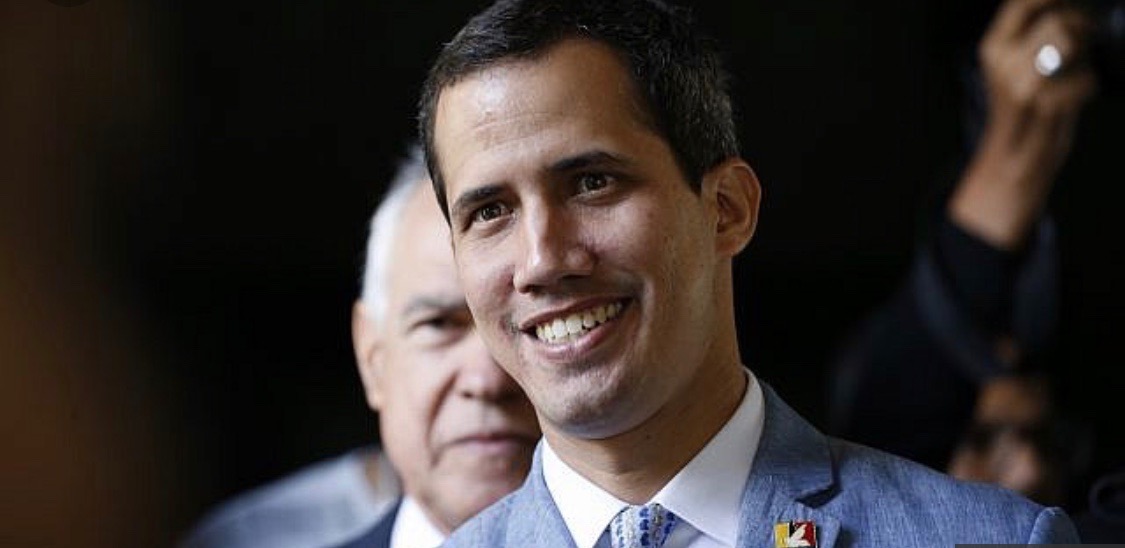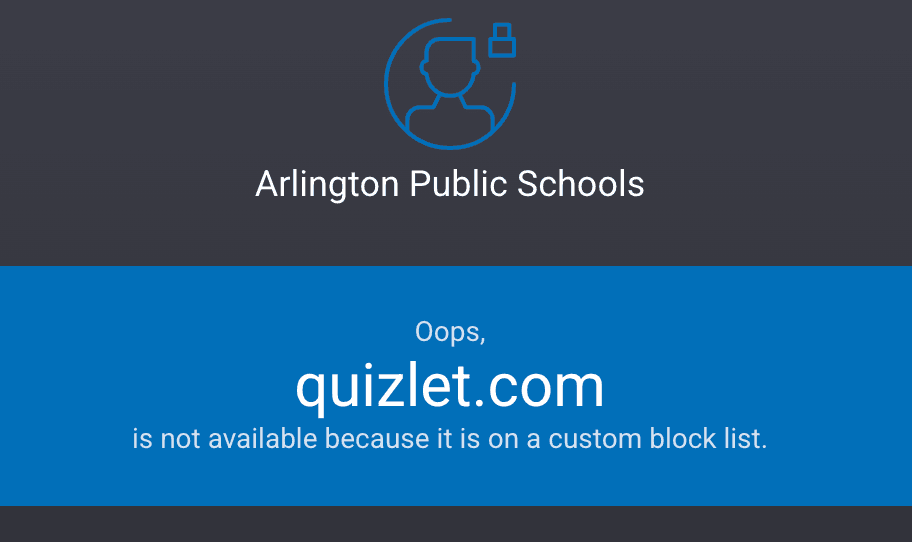For the past few years, life has been difficult for Venezuelans; national debt has soared, inflation continues to climb at 80,000%, 90% of the nation is now living below the poverty line and 10% of the country’s former population has fled. On top of all of that, there is hardly enough food or medical supplies to go around, with the average Venezuelan having lost 24 pounds via starvation in 2017. The former oil powerhouse seems to be on an infinite downward spiral with autocratic leader Nicolas Maduro at the wheel, and there appears to be little, if anything, to catch it before it hits the ground. Thus, on January 23rd, in an effort to save his country, Venezuelan opposition leader Juan Guaido proclaimed himself interim president, splitting the country between two different leaders – literally. About 50% of Venezuelans are still loyal to Maduro while roughly another 50% are now backing Guaido – and while support for Guaido has emerged from the U.S., Israel, Canada and several other Latin American countries such as Argentina and Brazil, other authoritarian states like Russia and China continue to recognize Maduro as Venezuela’s president. The situation is messy at best, and while Guaido taking self-proclaimed office will inevitably mean a different future for Venezuela, it is not exactly clear what that future is. As a result, many Venezuelans and concerned foreign onlookers are left wondering: How on earth did we get here?
Venezuela was not always in a state of economic depression like it is today. In fact, for a good deal of the 20th century, things were just about as different as they could possibly get. In 1922, when the Royal Dutch Shell Company discovered oil in Venezuela’s Maracaibo basin, the formerly unassuming South American country was immediately on its way to becoming one of the most economically powerful nations on the planet. Oil production soared, and so did the nation’s GDP, and as the oil industry began to become more and more central to Venezuela’s economic integrity, other industries began to shrink in order to make room for it. Agriculture shrank as farmers took up drilling, as did workers in the manufacturing industry.
Needless to say, oil was a lucrative business. Within a decade, three different companies had monopolized 98% of the industry, and Venezuelans were reaping the rewards. Not wanting to allow the money to escape into foreign enterprises, the newly-democratic government passed the Punto Fijo Pact in 1958. The act guaranteed that state jobs and oil rents would be distributed amongst Venezuela’s three political parties in proportion to polling results. This helped the new government to remain stable and democratic, but more importantly, it ensured that profits from the oil industry would stay in Venezuela.
It is important to note at this point, that Venezuela’s growing dependence on oil was not entirely responsible for its economic collapse once oil prices began to fall. There were several factors that made the nation unable to remain stable despite a backpedal in oil profit – most notably, corruption. By the 1970s, when a 1973 embargo on nations supporting Israel during the Yom Kippur war resulted in a four-fold increase in oil prices and thus an increase in GDP in a nation where oil companies had already begun to be nationalized, government officials began embezzling money, reaching an estimated total of $100 billion by 1997.
Thus, when oil prices fell dramatically in the 1980s, Venezuela wasn’t especially well-equipped to deal with the fallout. Instead, the nation was now faced with debts they could not pay off, and by the time Hugo Chavez took power in 1998, something needed to be done to address the widespread poverty which had resulted from the industry’s mini-implosion. Making good on his campaign promises, he instituted socialist reforms which lifted half of the nation out of poverty and cut unemployment by 20% – but Chavez managed to continue the underlying trend of corruption, as well. His administration began to nationalize as many sectors of the economy as they could, then replacing competent officials with loyal party members. As a result, production collapsed and was a shell of its former self. While the effects would not be immediately felt, Venezuela had few industries that were producing enough to support themselves, and thus dependence on foreign imports grew dramatically. Chavez also took measures that essentially made himself and his administration far more autocratic. He had peaceful protests violently shut down, limited the freedom of the press, tried to expand his power as much as possible and tried to stack virtually every governmental office with his own party members.
Fast forward 20 years, and the situation has not improved. Instead, Maduro aims to imitate his predecessor as much as possible, attempting to be a man of the people but at the same time taking steps to make his administration more autocratic than even that of Chavez. Enter the aforementioned Guaido, and it seems as though after roughly 30 years of exponential economic decline, a change in administration might at least temporarily improve the Venezuelan economic experience.
So, what does all of this mean for Venezuela going forward? At the very least, some degree of economic reform. Guaido plans on restructuring Venezuela’s national oil company, as well as working to restore democracy under his administration to the best of his ability. Most branches of Venezuelan government are now working under the Guaido administration, but perhaps the most crucial hurdle Guiado will have to face before fully setting reform in motion will be to swing over the one organization still loyal to Maduro: the military. In order to do so, Guaido has reportedly held clandestine meetings with some members of the military, and is willing to guarantee amnesty to any military officers and soldiers who collaborate with his administration. Additionally, he has persuaded the United States to institute further sanctions to weaken Maduro’s hold on the government, as well as to provide foreign aid to Venezuelan citizens, forcing soldiers to choose between loyalty to Maduro versus loyalty to the Venezuelan people. While stating that foreign intervention would be a last-resort measure, he has not taken the idea of U.S. military intervention completely off the table.
To truly bring Venezuela out of its crisis, though, would mean to restore its economy to at least a sizable portion of its former glory; the popular strategy for doing so seems to be to restore the oil industry. If Guaido’s administration is able to do so, many Venezuelans could easily see themselves lifted back out of poverty – for the time being, that is. It has become more and more apparent over the past few decades that oil is a finite resource, and the clock is ticking steadily towards the day it runs out. Current estimates predict that the world will run out of oil around 2069 – or sooner if production is ramped up further to meet the needs of growing industry and population. That gives Venezuela roughly 50 years or less to find a new primary export and to restructure its economy on a more sustainable industry, which, for an economically depressed nation which has revolved around oil for the last 100 years, may be far easier in thought than in practice. In the meantime, though, one of Guaido’s primary goals will likely be to lift Venezuelans out of poverty – something that will likely be harder than it was for Chavez given that Guiado, an opposition leader, will probably not be too keen on the idea of instituting the socialist policies of the Chavistas (it does not help that the money to do so is not there, either).
The future of Venezuela is uncertain, but with the amount of support for Guaido pouring out from Venezuelans and the international community alike, it seems probable that Guaido will be the one steering the country into the near future. There is still much in the air about the nation’s future – whether or not the economy can ever swing back, whether corruption will permeate the new administration, even whether or not Guaido will be an effective interim president once all responsibilities of the presidency are turned over to him. These are all questions which do not seem to have a sure answer. In Venezuela, as far as logistics go, it seems that time will be the only sure authority.







































